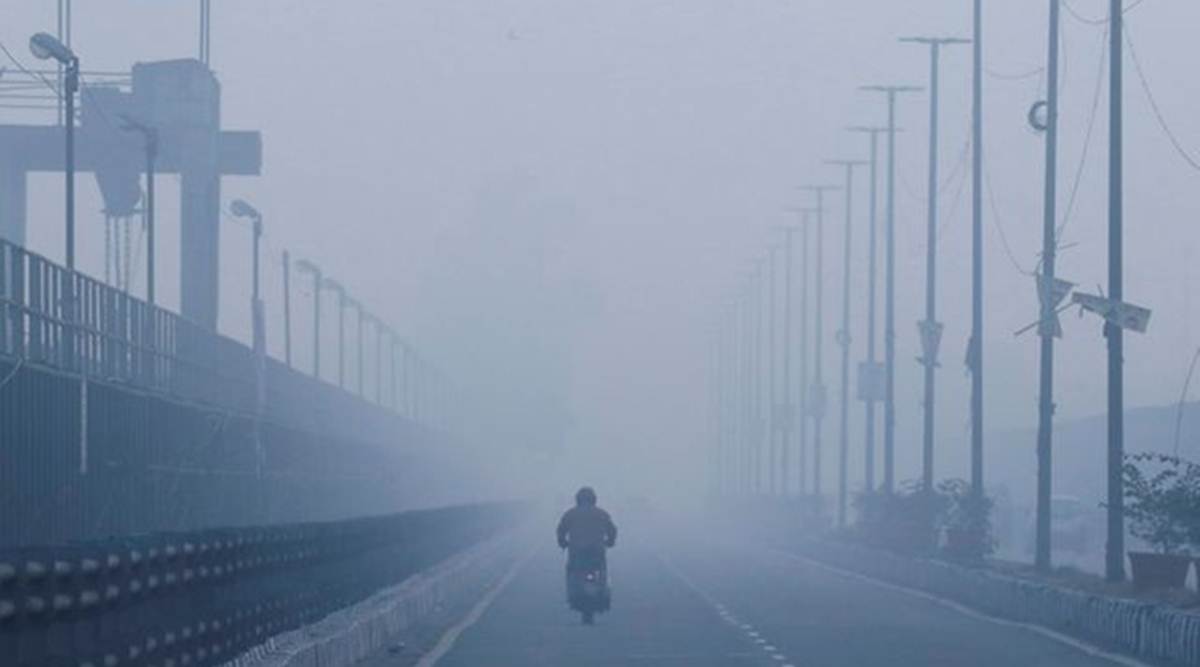 In 2019, Delhi and adjoining areas in the north had experienced its coldest winter of the century. (REUTERS)
In 2019, Delhi and adjoining areas in the north had experienced its coldest winter of the century. (REUTERS)This year’s winter is likely to be cooler with intense and more frequent coldwave events likely to sweep over India.
“The prevailing weak La Nina conditions in the Pacific Ocean are likely to influence and trigger severe cold conditions,” Mrutyunjay Mohapatra, Director General, India Meteorological Department (IMD), said on Wednesday.
In 2019, Delhi and adjoining areas in the north had experienced its coldest winter of the century.
Since August this year, a weak La Nina condition has prevailed over the Pacific Ocean. La Nina is the abnormal cooler sea surface temperatures reported along the equatorial Pacific Ocean and it is known to favour cold waves.
On its influence during the upcoming winter season, Mohapatra said, “During La Nina years, the severity of cold conditions becomes intense. The frequency and area covered under the grip of a cold wave becomes larger.”
He was speaking on ‘Forecasting, Early warnings and Dissemination during Cold wave’ organised as part of a national webinar titled ‘Cold wave Risk Reduction’ by the National Disaster Management Authority (NDMA).
“Though trends over India have been that of a warming winter during recent years, there is no particular trend observed for the regions experiencing cold wave,” Mohapatra said.
However, regions along the North and Northwest India – Rajasthan, Punjab, Uttar Pradesh, Bihar, Madhya Pradesh and Gujarat – are most prone to cold waves and associated deaths, the IMD chief said.
In addition, starting this year, IMD will introduce impact-based forecasts for sectors that would be affected by severe cold conditions, Mohapatra said.
The key sectors for which tailored forecasts will be issued include energy, power, health, transport and agriculture.
The forecasts are aimed at guiding policy makers to plan adequate measures well in advance of an event of coldwave, which could trigger a spike in power and energy consumption or cause health-related problems among other host of issues.
Mohapatra said that IMD’s observational and modelling systems along the Himalayas need to be strengthened further.
“This has remained a data-sparse region and there is a need for data augmentation over the western and eastern Himalayas. For this, we have undertaken the Integrated Himalayan Project,” Mohapatra said.
📣 The Indian Express is now on Telegram. Click here to join our channel (@indianexpress) and stay updated with the latest headlines
For all the latest India News, download Indian Express App.